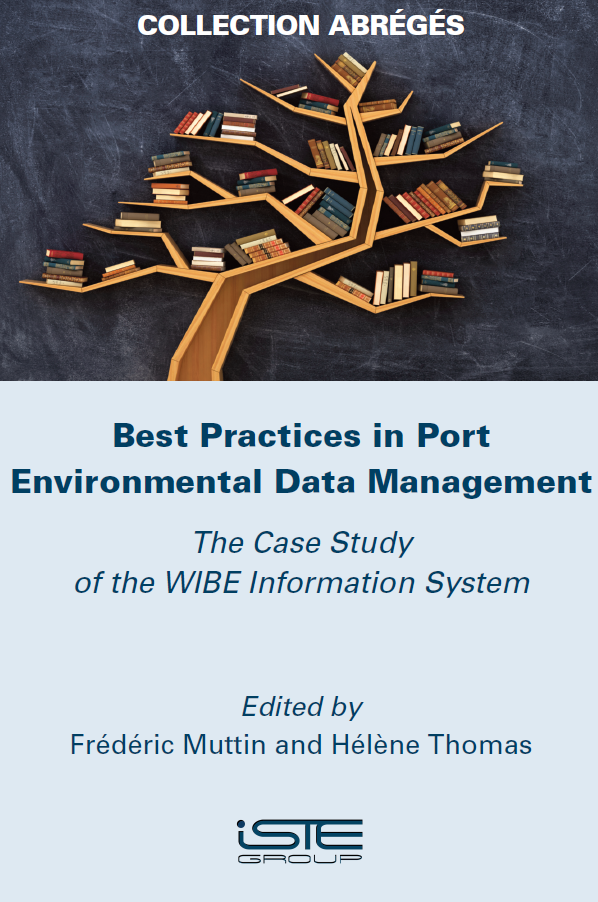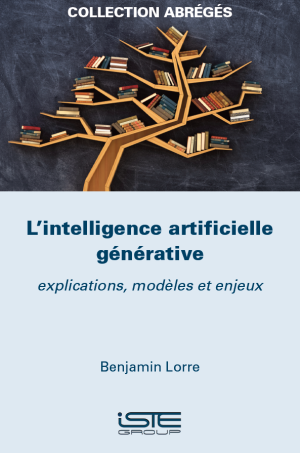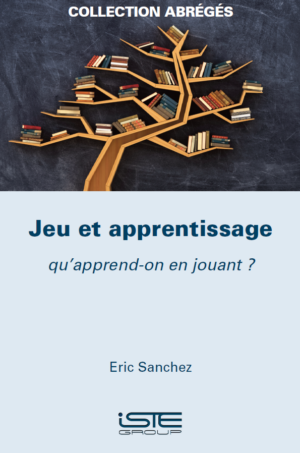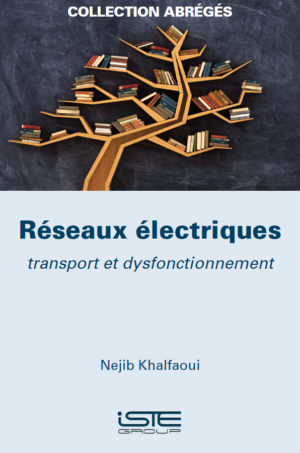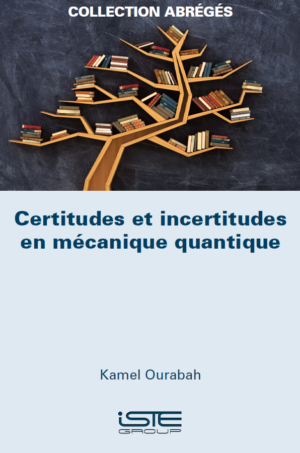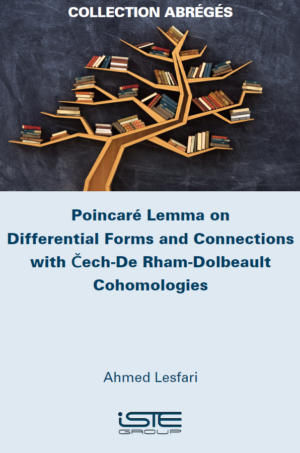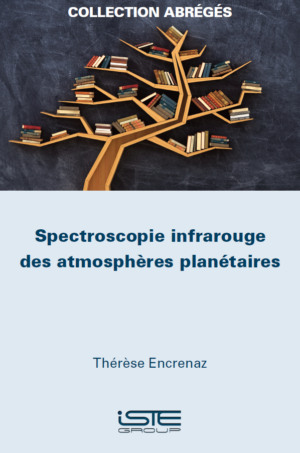Cet ouvrage est uniquement disponible en version électronique.
– Papier (Collections classiques, Encyclopédie SCIENCES) :
Livraison offerte pour toute commande directe effectuée sur le site istegroup.com
Délai de livraison : environ deux semaines
Envois uniquement vers : France métropolitaine, Belgique, Suisse et Luxembourg
Impression en couleur
Un ebook de l’ouvrage (à l’exception des titres de l’Encyclopédie SCIENCES) est offert pour tout achat
de sa version papier sur notre site, il vous sera envoyé après la finalisation de votre commande
Offre non applicable aux librairies
– Ebook (Collections classiques, Encyclopédie SCIENCES, Abrégés) :
Prix réservé aux particuliers
Pour les institutions : nous contacter
Nos ebooks sont au format PDF (compatible sur tout support)
Our current information on intra-port water quality will be shaken up by the growth of open science and the ecological transition. Open data follow the FAIR principles (Findability, Accessibility, Interoperability and Reuse) and the transformation of ports requires pollution assessment tools that work alongside the green and digital transitions, but also elevate the conservation of biodiversity in our seas and oceans.
Sentinel species in ports, such as mussels, oysters, limpets and urchins, allow us to biomonitor trace elements and heavy metals, as well as cathodic, organic and inorganic pollutants. The ecotoxicological variables and physico-chemical parameters in the coastal waters of the Atlantic Ocean (Pertuis Charentais) and the Mediterranean Sea (Corsica) allow us to use the WIBE (Water Interdisciplinary Biology and Ecology) Information System.
State sovereignty is an important aspect of this study, as it encompasses their knowledge of the water quality of their harbors and the pathways towards open data for end-users. Oceanic, coastal and port environments are high on the agenda for both international and national organizations and local stakeholders.
This book, focusing on the tools available for studying port water quality, emphasizes how science has multidisciplinary effects on society.
1. Baseline Biomarkers in the Eastern Oyster Crassostrea gigas and the Blue Mussel Mytilus edulis
2. The Use of Limpets and Mussels to Biomonitor Chronic Pollution in North Corsica Port Areas (Mediterranean Sea): A Multibiomarker Approach
3. Paracentrotus lividus: Its Use for the Biomonitoring of Trace Elements in Coastal Environments
4. Lessons Learned and Best Practices in Developing an Information System for Interdisciplinary, Heterogeneous, Multidimensional Environmental Data: The WIBE (Water Interdisciplinary Biology and Ecology) Information System
5. Developing a Digital Interface to Visualize WIBE Information System Data
6. Potential Impacts of Sacrificial Anodes on the Black Scallop Mimachlamys varia in a Controlled Environment
Frédéric Muttin
Frédéric Muttin is Researcher and Professor in Applied Mathematics at the EIGSI engineering school in La Rochelle, France. His research focuses on numerical methods and data science in relation to marine pollution.
Hélène Thomas
Hélène Thomas is Associate Professor in Marine Sciences at the LIENSs research unit at La Rochelle University, France, where she directs the Master’s course on Coastal Cities Engineering. Her research focuses on ecotoxicology and the biomarkers of bivalve species in assessing coastal water quality.

